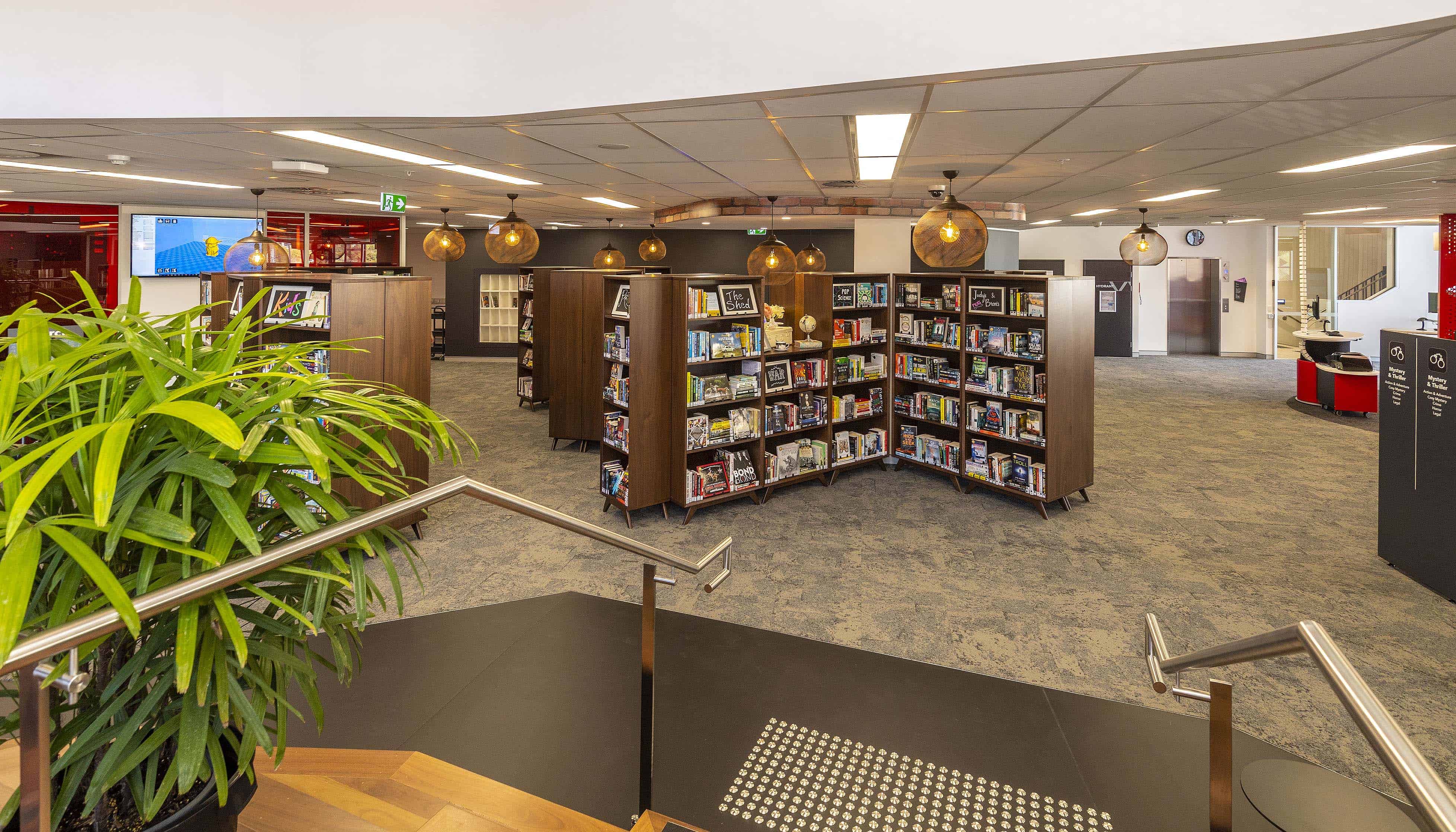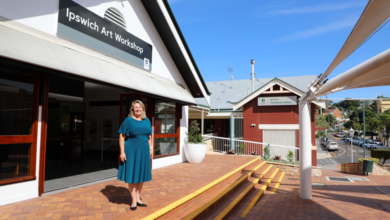The new centres will allow residents and ratepayers to pay bills, submit paperwork, lodge complaints and engage with council officers who will have the same training as call centre staff.
Going forward, closure of the former divisional offices is expected to save ratepayers almost $2 million each year.
“It’s a good amount of money which, instead of being used to fund council administrative costs as in the past, can now be injected directly into the community in areas of real need,” council CEO David Farmer said.
“Over the next couple of months we’ll be issuing a challenge to our new community reference groups, asking them specifically how they think the money should be spent.
“This will mean a prioritising of needs for the city.”
The three new customer service centres will ultimately be integrated within the city’s three main libraries – the newly-opened Springfield Central Library, the soon-to-be-built Rosewood Library and the library planned for a new council administration building to be constructed in Nicholas Street by 2021.
“Until then, we’ll be refurbishing the existing John Street, Rosewood facility to become a library hub and interim customer service centre,” Mr Farmer said.
Interim administrator Greg Chemello said community-based sport and recreation facilities, especially for the younger generation, were in particular need of help.
“From discussions with a large variety of sport and recreation organisations and clubs, it’s clear to me that council needs to spend more on delivering upgraded and new facilities to meet the needs of our growing community,” Mr Chemello said.
“All four codes of football, netball, cricket, cycling, athletics, tennis, hockey and swimming are advising me how either the current facilities are aged and need upgrading or simply are insufficient and struggling to cope with increasing numbers of participants.”
Greg Chemello said the model which supported individual and expensive “divisional” offices had become superseded by a more modern, integrated approach to local governance.
“Over the past 15 years, there have been enormous technological advances which have changed the way most residents choose to interact with council and we quite simply need to adapt in order to keep pace with people’s expectations,” he said.
“After the March 2020 local government elections, your councillors will be given the appropriate resources to be truly flexible in their engagement with the community, rather than being tied to a physical location.
“This modern approach to customer services and mobile councillors is the right way to go, regardless of how the council’s electoral divisional arrangements are configured by the state government.
“Council officers are speaking to the various community groups which use existing offices as meeting hubs, in order to find alternative meeting venues.
“Foot traffic is very low to existing divisional offices, but we expect that with the addition of a one-stop shop for council-related business, the new customer service centres will be well patronised.
“People will be able to visit the library, pay their rates, register their dog, apply for council-specific licences, lodge applications, or even buy tickets for events at the Civic Centre.
“And it’s cost-effective for ratepayers to boot.”
Current divisional office staff will be offered redeployment opportunities in other areas of council.


